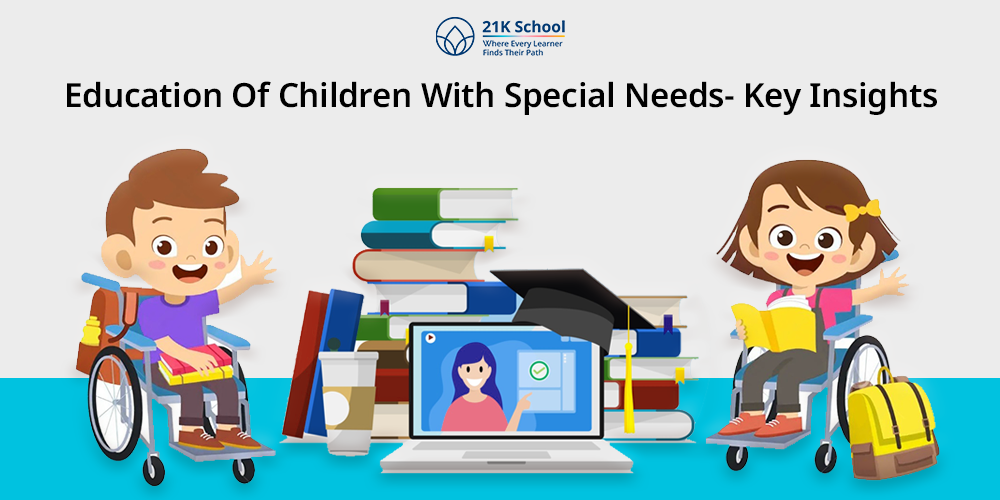
Homeschooling is increasingly becoming the norm for Indian students owing to the unprecedented situation created by the COVID-19 pandemic.
The global catastrophe has revitalized the online schooling paradigm and teachers have been enthusiastically defeating the challenges faced by homeschoolers induced by the circumstances.
With teaching practices evolving globally, many have been facing challenges that they hadn’t prepared for.
Check out the blog, to pick the right online homeschool program for your child.
There are four key challenges that have been brought to the forefront which include Access, Equity, Equality, and inter-operability.
1. Access:
India’s student population is distributed across the country from metropolitan cities to remote locations.
A large number of Indian students do not have the technology, space, and environment that facilitates a modicum of learning in compliance with what is expected out of them academically.
Limited access to a fast internet connection, smartphones, laptops, etc. has been a cause of concern for parents with limited resources.
Along with this, there is a fear and anxiety looming over parents to fulfill the role of both educator and parent.
Read Must-have Supplies for New Homeschoolers to know what they need for a good learning journey.
Even with the right equipment, many students face issues with adequate computer literacy that would enable them to keep up with classes, give exams, and manage their time well.
Not only are students suffering, but teachers adept to centuries of traditional teaching formats are also victims of technology gaps.
To keep up with coursework while homeschooling, it is essential that children have access to parental guidance and/or a network of resources that offers an opportunity to study at their own pace without feeling pressurized.
Teachers also need to have access to a supporting homeschooling curriculum and a back-end support team, and more to offer their best to students.
2. Equity:
As more and more classrooms become homes to students, teachers are increasingly facing the problem of providing education to each student equitably.
In a physical classroom, teachers can often dictate the course of academia by controlling external stimuli that might impact a student’s learning graph.
However, once at home, the surrounding ecosystem begins to impact the way a child intake the information that is presented to him/her.
These issues could range from poverty, homelessness, illness, and more to parental negligence, overbearing parents, inconsistencies in domestic dynamics, unrealistic expectations for excellence, and more.
Do you think online learning is effective? Read this is online homeschooling in India effective.
To navigate such issues, it is essential that parents and teachers recognize child behavior and offer additional resources and assistance.
Parents help their children succeed in online schools otherwise there is a higher chance that they will get diverted.
3. Equality:
Without the opportunity of taking notes in class, students suffer as their learning capabilities in an online class can be different from their peers.
Availability of learning material, worksheets, assistance, etc. key for this format of education to be successful and for students to derive benefit from the information they are provided.
Check this blog, What Is Educational Equity and Why Does It Matter as it will help you to get the concept more precisely.
4. Inter-operability:
Homeschooled students face difficulty in joining mainstream schools due to non-adherence to law by private schools.
They are subject to screening tests, which is prohibited under Section 2(o) along with Section 13(2)(b) of the Right to Education Act, 2009.
Similarly, the requirement of submitting a Transfer Certificate is also restricted under Sections 5 (2) and (3) of the Act.
The student should be free to move from one education system to another without being compelled to produce TC, Marks Sheet, and such other documents up to Grade 8 as doctrine n the laws of the land.
With this unannounced move away from the classroom in major parts of the globe, some are contemplating whether the appropriation of online learning will keep on continuing post-pandemic, and how such a move would affect the overall education market.
For those who do have access to the upgraded technology, evidence state that learning online can be more effective in a number of ways.
Some research shows that on average, students retain 25-60% more material when learning online compared to only 8-10% in a classroom.
This is generally because of the students having the option to learn quicker online; e-learning requires 40-60% less an ideal opportunity to learn than in a traditional classroom setting since students can learn at their own pace, re-reading, skipping, or accelerating through concepts as they choose.
Conclusion
Nevertheless, online learning effectiveness varies amongst age groups.
The general agreement on children, especially younger ones, is that a structured environment is required because kids are more easily distracted.
To get the full benefit of homeschooling there needs to be a collective effort to provide this structure and go beyond replicating a physical class/lecture through video capabilities, instead, using a range of collaboration tools and engagement methods that promote “inclusion, personalization, and intelligence”.
Online schooling surely comes with its challenges but when you take care of the minor hurdles it can be an extremely rewarding experience.
If you have any questions about online schooling feel free to reach out to us on info@21kschool.com or message us on our social media platforms and we will be happy to help.
Want to learn more about 21K School and talk to our experts? Fill the form and request a call back. Let’s explore if online schooling is right for your child.



